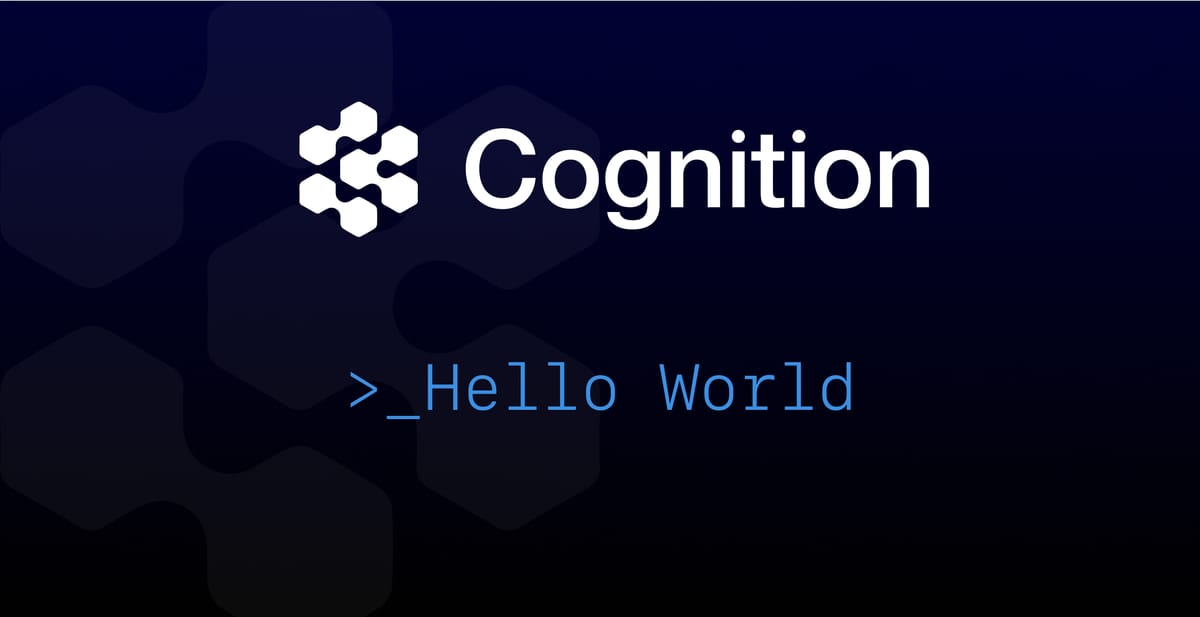This week, the tech world buzzed with discussions about Devin, an AI proclaimed as the first AI software developer by Cognition AI. With its ability to autonomously solve software engineering tasks—from planning and coding to testing and implementation—Devin has certainly captured the imagination of investors, engineers, and the wider public alike. The promise of AI taking on roles traditionally reserved for highly-skilled professionals has both wowed and worried the tech community. But as we dive deeper, the line between what’s currently achievable and future potentials begins to blur.

Devin’s capabilities, as showcased in various demonstrations, suggest a future where AI can autonomously navigate the complexities of software development. The AI’s performance, particularly its success in resolving GitHub issues and passing engineering benchmarks, is undeniably impressive. Yet, a closer examination reveals a more nuanced picture. Despite the advanced technology driving Devin, its effectiveness in real-world scenarios is tempered by limitations in understanding context, adapting to new challenges, and the kind of creative problem-solving that human engineers excel at.
The broader implications of AI like Devin on the job market have sparked a mix of excitement and concern. The idea that such technology could replace human jobs is a source of anxiety for many. However, the reality is more complex. AI agents currently serve best as tools that augment human capabilities rather than replace them. Their ability to handle specific tasks efficiently can free up human engineers to focus on more complex, creative aspects of software development.
Moreover, the competitive landscape of AI development tools underscores a critical point: innovation in this space is not just about replacing human roles but enhancing the collaborative potential between humans and AI. With giants like Microsoft already setting high standards with tools like GitHub Copilot, the challenge for startups lies in offering something genuinely innovative, not just in capability but in how it complements human effort.
As we look to the future, the development of AI agents like Devin represents a step towards more sophisticated, autonomous technologies that could redefine our approach to software development. However, this journey is just beginning. The current state of AI, as embodied by Devin, serves more as a co-pilot in the complex world of software engineering, rather than a standalone pilot.

